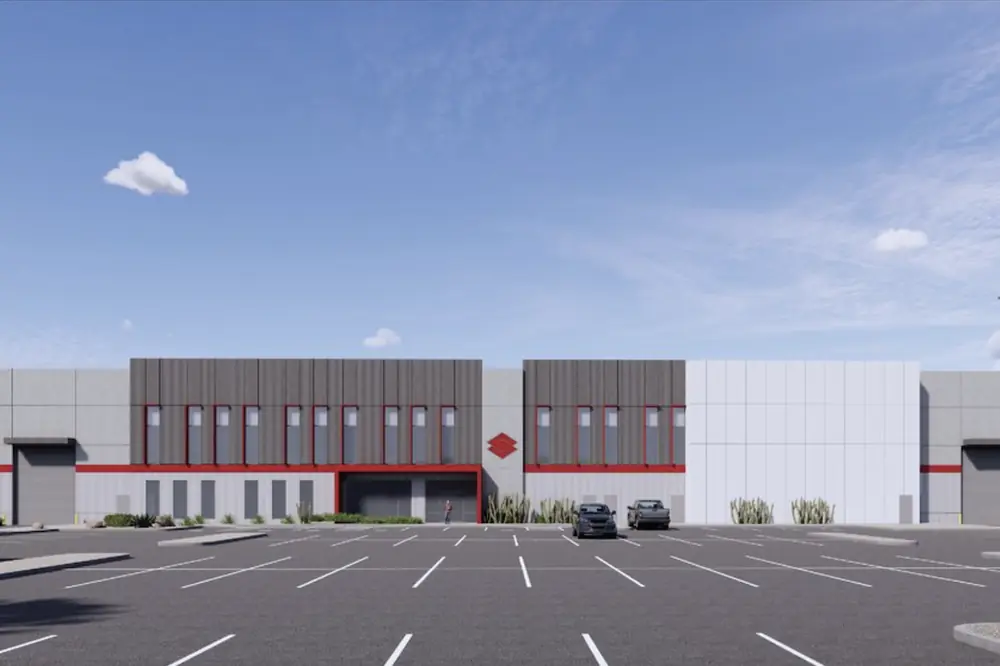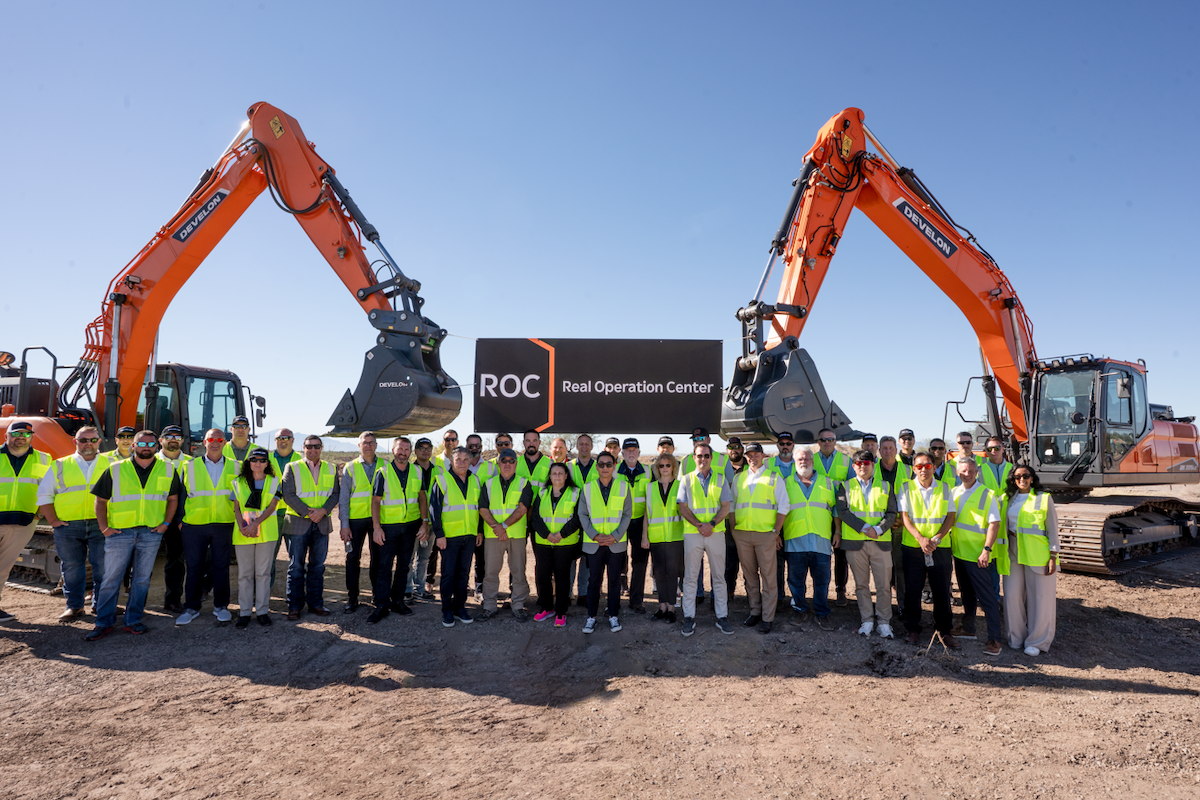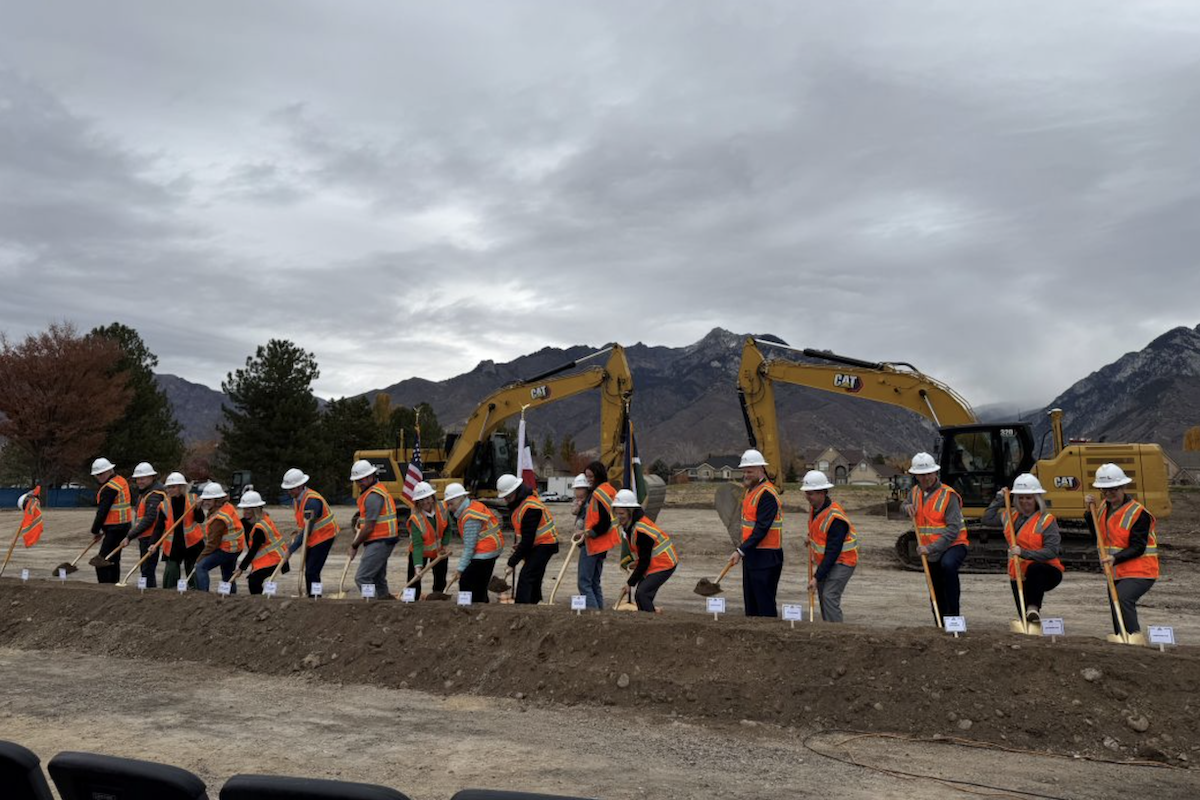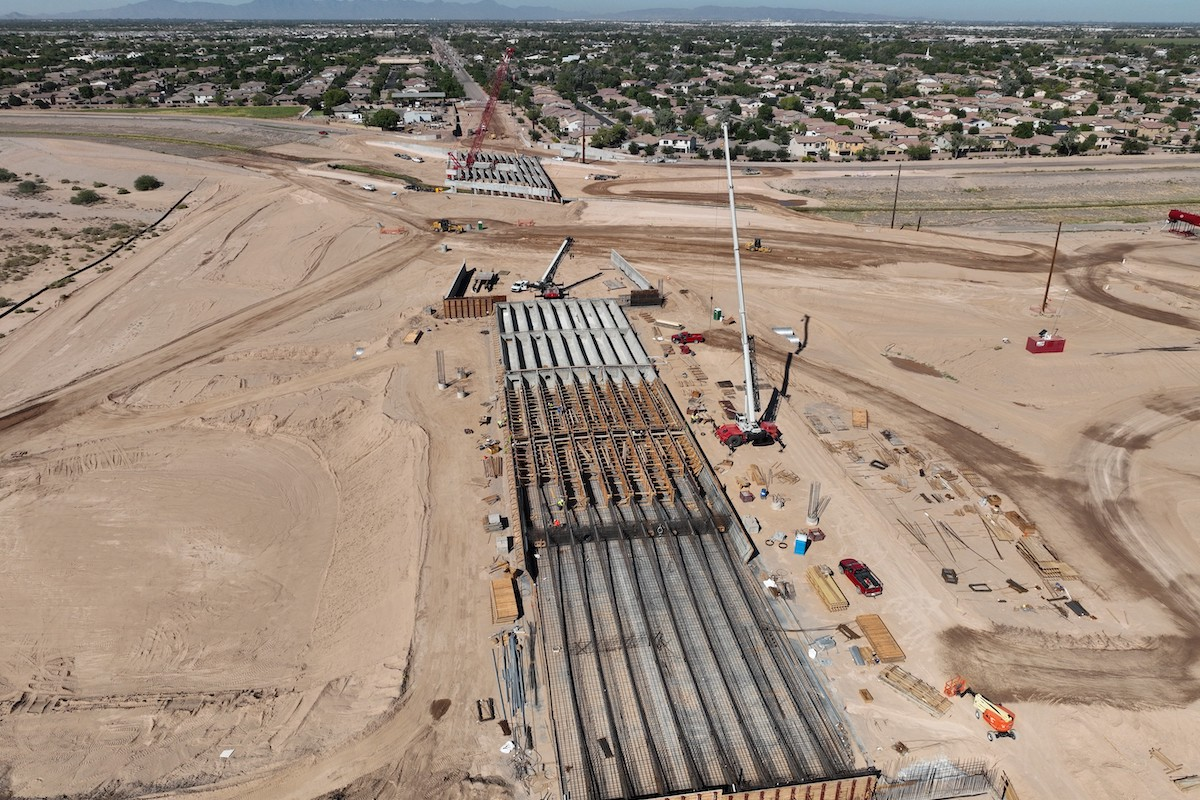Only by recognizing your company as a project business are you better able to see how you can improve your company’s foundation, structure your business processes, and identify what solutions are possible that enable success.
Therefore, it is not unusual for project businesses to employ an additional 10 to 15 different point solutions to manage their business processes – that means most project business information and processes are still managed in spreadsheets.
With this fragmented application landscape, most project businesses employ controllers and data managers to manually translate, consolidate, and validate large amounts of project data from these different systems. This manual integration can lead to mistakes and delays, which ultimately causes important decisions to be made based on outdated and unreliable data. Running an enterprise based on standalone project management and financial applications that do not communicate with each other only sets you up for failure.
Project Business Automation (PBA) is a category of business systems built specifically for project-based companies. It eliminates disparate applications by standardizing, integrating, and automating all project business processes and data into one, end-to-end system. This gives project businesses access to accurate, real-time data that facilitate faster decision making. PBA accelerates and automates processes in a way that is not possible when managed in separate applications.

| Your local Bobcat dealer |
|---|
| Ditch Witch West |
| Faris Machinery |
| Ditch Witch West |
| Faris Machinery |
To manage the entire business inside one system, PBA includes sophisticated capabilities and support for project financials, operations, as well as analytics and business intelligence.
While there are many project management applications out there, keep in mind they were originally designed to manage standalone projects, not your entire business. PBA offers a different approach by managing project operations inside your ERP, thereby providing real-time integration between backend ERP functions and your operational project management activities, supporting instant process automation and insight and connecting your operations to the financials.
PBA enables new and essential insights that are only made possible with a completely integrated system. For example, the ability to see cash flow, margins, EAC and earned value on a daily basis becomes the norm, rather than during monthly status updates.
PBA provides the tools required to identify trends and benchmark your performance against company goals and industry standards. Because there is no data translation or time-lapse between source transactions and visualization, the intelligence is available in real-time enabling you to make timely and informed business decisions.
To catch up, it is critically important that project businesses, like construction companies, are able to run their businesses with real-time visibility and control just like these other industries. Only by integrating all the processes and data relevant for Project Business can we establish a platform to do that.
Project Business Automation provides an answer to this problem. PBA allows project businesses to proactively manage their companies in one system that not only brings them up to par with other industries, but also builds the foundation for future growth and technology adoption.



































































